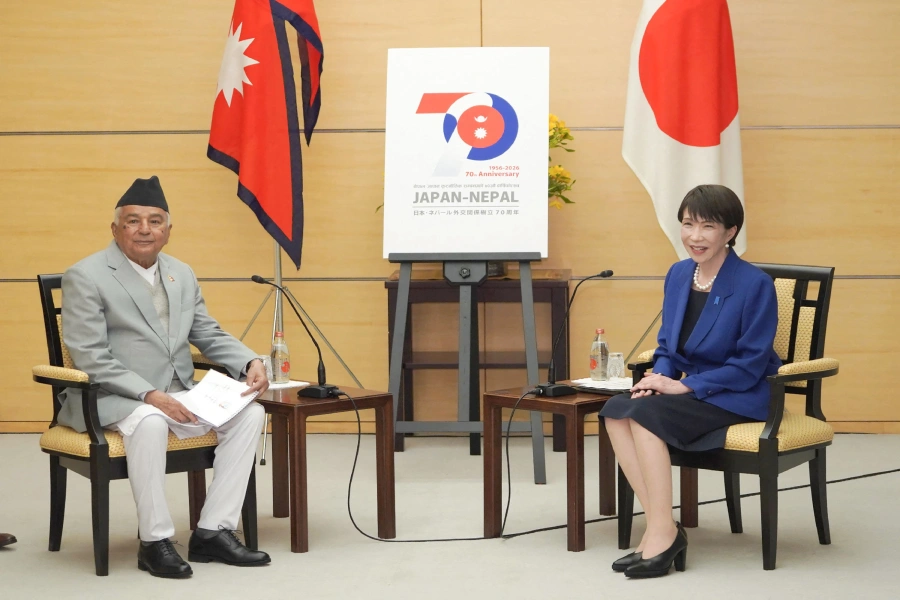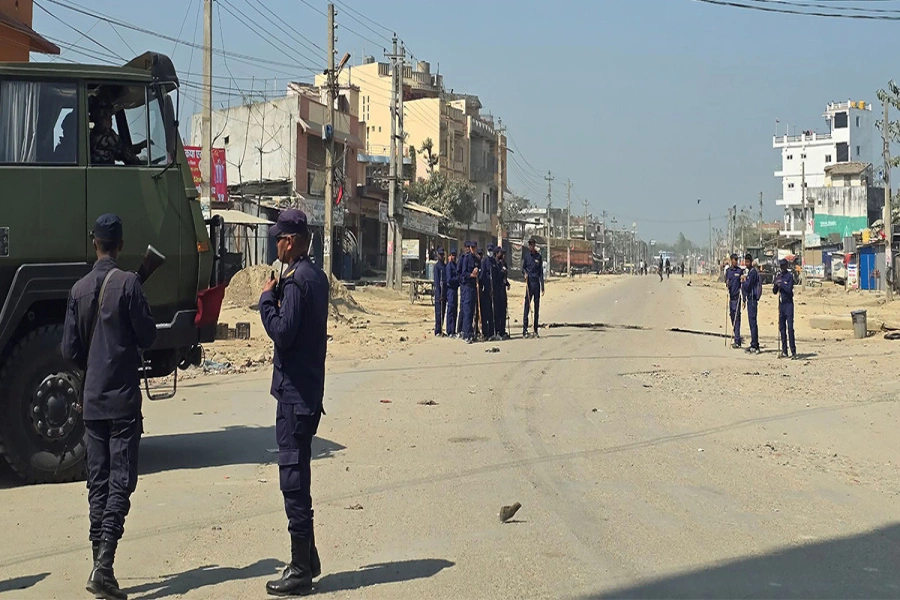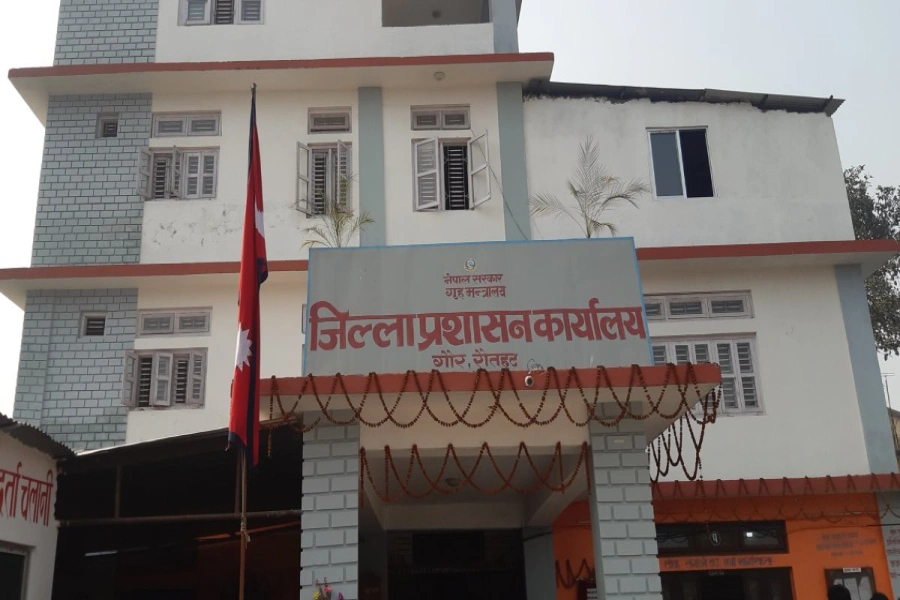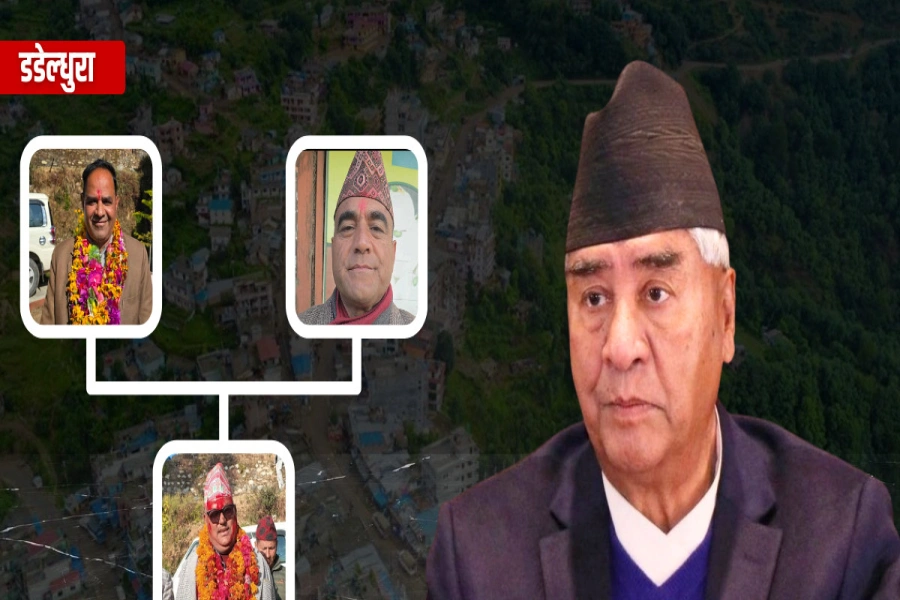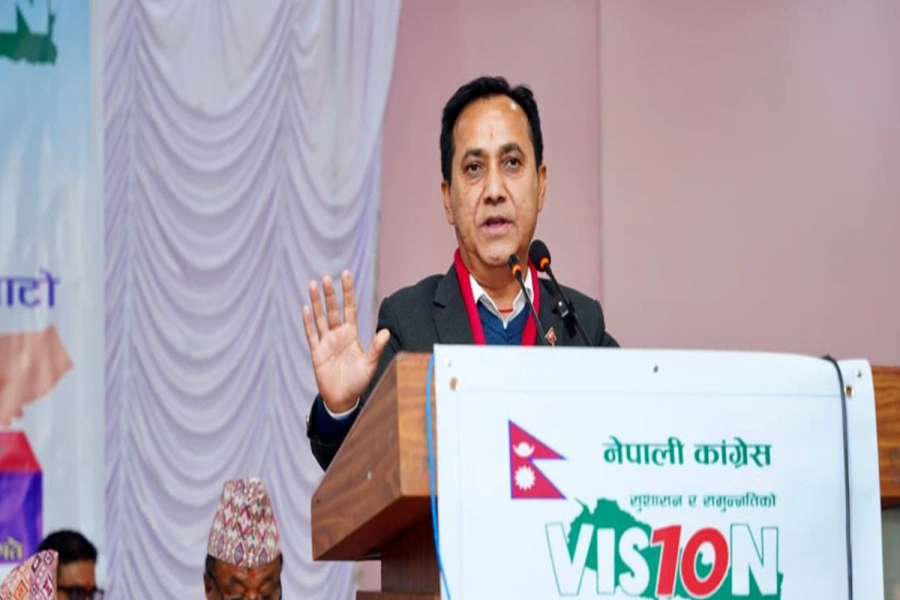As it is still not sure whether the Trump administration would renew the Temporary Protected Status (TPS) of Nepali residing in the USA without proper documents, the Department of Homeland Security (DHS) did not renew the TPS of citizens from Honduras and El Salvador. According to the DHS, citizens from both countries were entertaining the TPS facility for more than 17 years, which is seven times more than Nepali citizen. On average, most of the countries have been granted this provision for at least 10 years. Based on this, it could be foreseen that the US government might renew the TPS for Nepali.
However, it is not sure that the renewal will take routinely. Though the US government has not faced any big issue from Nepali communities, due to the vote against US decision on Jerusalem issue might have annoyed the Trump administration. As President Trump had announced that the US government will decrease in its aid to those countries that voted against US decision. Moreover, the denial of TPS might boost US government campaign to reduce the number of the immigrant in the country.
What is TPS? Who qualifies for TPS?
US senators lobby for TPS extension of Nepali nationals

TPS is a temporary immigration status to the United States, granted to eligible nationals of designated countries.[1] In 1990, as part of the Immigration Act of 1990, Congress established a procedure by which the Attorney General may provide TPS to immigrants in the United States who are temporarily unable to safely return to their home country because of ongoing armed conflict, an environmental disaster, or other extraordinary and temporary conditions.[2]
During the period for which a country has been designated for TPS, TPS beneficiaries may remain in the United States and may obtain work authorization. However, TPS does not lead to permanent resident status (green card). TPS is typically designated for between 6 and 18 months at a time for each country; once that time is up, the status expires and its beneficiaries revert to the same immigration status they maintained before TPS (unless that status had since expired). Accordingly, if an immigrant did not have lawful status prior to receiving TPS and did not obtain any other lawful status during the TPS designation, the immigrant reverts to unlawful status upon the expiration of that TPS designation.
Designation by the Attorney General of a country's nationals for TPS allows all of those country's nationals who are currently in the United States on the day of the designation to apply for the status. Anyone entering after that date will not be eligible. When the status comes up for expiration, the Attorney General may choose to re-designate, allowing that country's nationals who have entered since the original designation to apply or to extend, which merely allows the previous recipients to maintain their status until the new expiration date.
Nepal and TPS
Nepal is under TPS as of June 25, 2015, in response to the conditions resulting from the devastating magnitude 7.8 earthquakes that struck the country on April 25, 2015, and the subsequent aftershocks. The expiry date of first renewal will come to an end in June and it is quite unclear that the Trump administration will consider on this. Non-Resident Nepali (NRN) representing local Nepali organizations in US has lobbied for the extension of TPS. But if the Government of Nepal will not take initiation, it is less possible, as the political situation of the country is in midpoint after the election.
It is expected that around 15 thousand Nepali were under TPS at the beginning. If the US government would extend the TPS, around 8,950 Nepali will be profited from this. This temporary status has been proved as a socio-economic enhancement for many Nepali who was residing in US illegally, especially after the massive earthquake.
Legal expert on immigrant Dilli Bhatta says that there is the possibility of extension if the government of Nepal would take initiation immediately. Advocate Bhatta had filed an application for the TPS facility after the massive earthquake. Nepali Ambassador Dr Arjun Karki met then US Secretary of State John Kerry and requested for the service. Besides that, Nepali Diaspora and few American Congressmen and Senators stood for the TPS for Nepali.
However, the effort has not been made from the government of Nepal. As the consequences, thousands of Nepali might be deprived of enjoying the special provision of US government.


